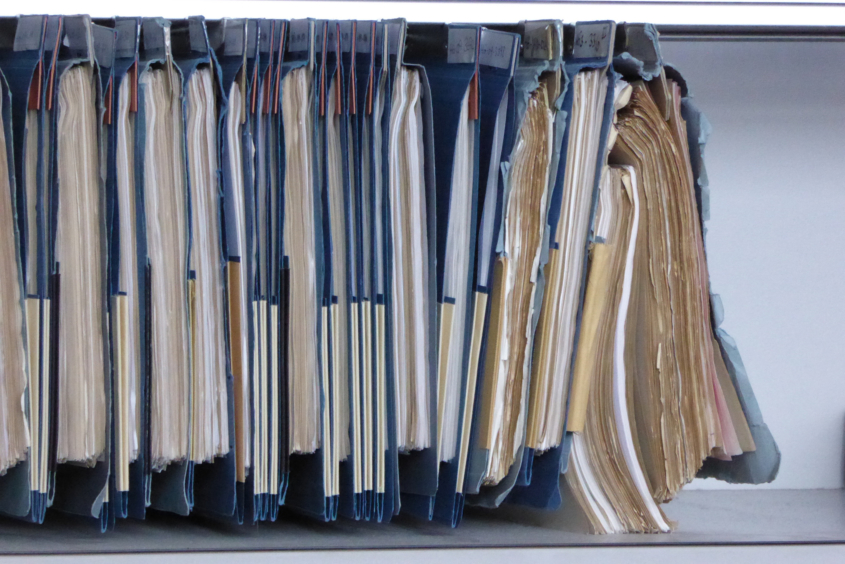Instead of Paperwork, Do People Work!
Clearly the fast track to explosive growth in your practice is right in front of you. It’s not out there on a billboard, in a spinal screening or in a “not-working” meeting (aka networking). It is bringing your “A-game” to the adjustment. You have the power to take a stalled practice and kick it into a higher gear or take a growing practice and make it legendary.
Nowhere else in patient care does the mirror of reality show up so patently. The adjusting experience highlights your systems, staff training and your soft skill prowess.
While it is true that health and healing are processes that require time, planning and effort, the truth for the patient is that the moment on the adjusting table is all that matters. The patient is looking for a distinctive marker that will reinforce his belief that his decision to proceed with care was the right one. This marker can be a physical release, an emotional connection or an intellectual shift in perspective. Simple, focused attention produces these distinctive markers.
You have, through personal experience and study, arrived at some very profound conclusions concerning the nature of health, healing and dis-ease, yet most of your patients have reached other conclusions. So you will need to be patient with them and provide tangible platforms to help them reach new, more useful conclusions.
You did not come to these conclusions in a vacuum of self study and reflection. Someone or some event influenced you and shifted your perspective. Look with a “beginners mind” and get back in touch with your “A-HA” moments. Strive to find new ways to demonstrate and explain to other beginners the logical reasons and experiences that helped you arrive at your conclusion.
Instead of doing paperwork, do people work:
- Go through the files of your active patients. Research their physical history and get a clear understanding and appreciation of their motivations.
- Look at the person in the patient file.
- Who are they?
- Why are they in your care?
- What is your promise to that particular patient?
- What are the chances you can help them?
Remember, hard work doesn’t pay off. It’s working hard on the right things that pay off.
 Dr. Frank Sovinsky, “The E-Myth Chiropractor”, written January 2010
Dr. Frank Sovinsky, “The E-Myth Chiropractor”, written January 2010


